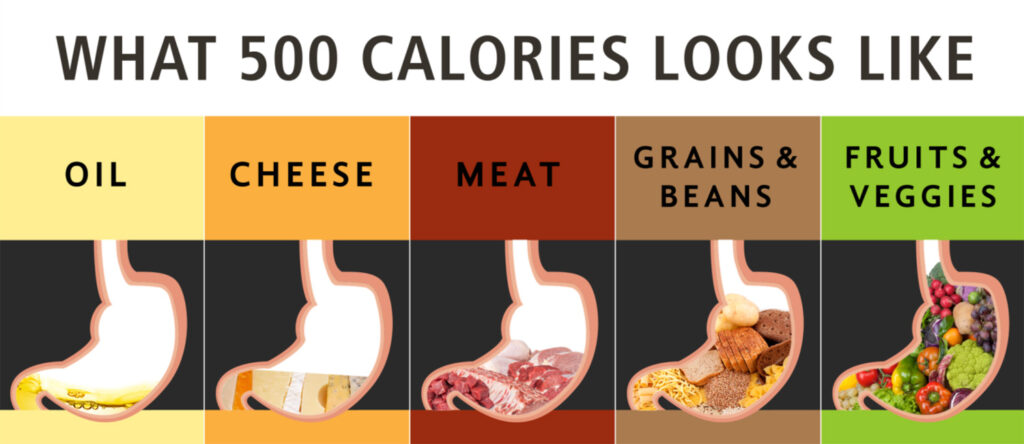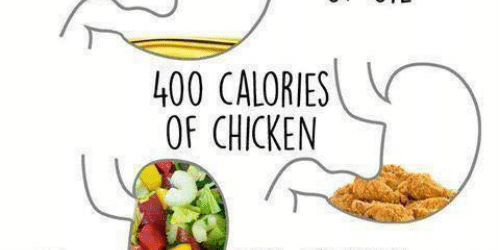
Confused about why oil is not considered part of a whole food plant-based diet?
Oil is the most calorie-dense food on earth. Vegetable oils are liquid fats that have been extracted from whole plant foods. Olives, sunflower seeds and corn are all examples of whole foods; the fat contained in them is part of a whole package that also includes fiber, amino acids, vitamins and minerals. When you extract the oil, you leave behind the vast majority of these nutrients, and what remains is a very concentrated source of fat and calories with very few health benefits.
This probably flies in the face of everything you’ve heard before, but the answer is no. All kinds of oils, including olive oil, contribute to arterial damage and the progression of heart disease. Popularization of the Mediterranean diet has also led many to believe that olive oil is the answer to heart health, when in fact, higher consumption of fruits, vegetables and legumes in Mediterranean regions is far more likely to account for decreased heart disease mortality.
Remember, this does not have to be a totally fat-free diet. You can obtain the necessary amounts of healthy fats from whole food sources, such as nuts, seeds, avocados and olives, which contain a whole host of other nutrients that are beneficial to your body. Even without the regular addition of these higher fat plant foods, you will likely obtain enough fat in your diet (so long as your caloric intake is sufficient). Dr Caldwell Esselstyn and other plant-based experts advise patients with heart disease to avoid the higher fat plant foods, in order to prevent or reverse the progression of arterial damage.

